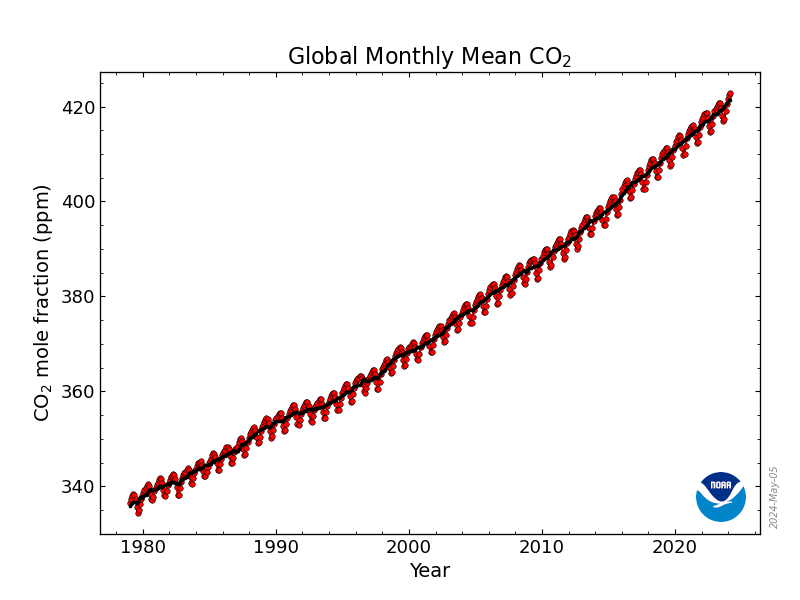Workingman wrote:cromwell wrote:Which is why the sidelining of hydrogen continues to puzzle me.
OK, I know there are problems with it. You need to use energy to create it, instead of drilling it out of the ground.
But the infrastructure is already there. Just change petrol stations to hydrogen stations - some already have it.
Only marginally slower to fill up as opposed to petrol and with a very similar range. Then look at the time it takes to charge up the EV!
Plus, you can tax it in the same way as you tax petrol.
The government does not need to spend literally billions on building power stations or charging points.
It burns cleanly, you don't need to dispose of millions of used EV batteries every year.
And, that's it!
Mention hydrogen and the EV fanboys slag it off endlessly - it's dangerous, explosive, hard to transport. it leaks, expensive to break a water molecule using electrolysis, it needs special fuel nozzles, special tanks in cars, and what if there's a crash.... and on and on.
Yet they gloss over the practical difficulties with EVs and infrastructure.
Oh, and that (expensive) electricity used to split a water molecule is the same as is used to charge an EV. And they don't go anywhere near the lost fuel tax revenue; the EV magic money tree will sort that out.
If you recall I did mention, a few times, that I worked for the company that makes the most hydrogen in the world.
So let's talk about that one.
The best hydrogen cracking cycle we have for generating hydrogen consumes about 1.5 times the energy required to charge a battery.
Then what are we going to do with the hydrogen. The most efficient engine we can stick it in is a gas turbine which is about 65% thermally efficient. But a gas turbine cannot be used on our stop start roads without using more fuel than a normal ICE. Yes, we can put a generator in the vehicle and electric motors, a very small amount of storage and voila, the routemaster bus.
But what then? We've taken 1.5 times the energy to store it and got 65% of the energy out of it again to drive the vehicle. At which time you have to ask the question "why am I wasting all that power turning water into a gas?".
Then there is storage and transport. Hydrogen is almost impossible to store at room temperature because it is so small. Simply put the only seal with a hope of holding in hydrogen is graphene and we've only just got them recently. So then we have the added energy cost of cryogenic storage and transport in cryogenic form.
OK so why don't we just put it in a normal engine and burn it?
Because the Otto Cycle engine from the 19th century is so mechanically inefficient that the thermal efficiency of the engine averages out at around 35%. Very large diesels, with low RPM, can hit around 46% but that's the top. So instead of flushing 35% of the energy down the drain in a gas turbine, we're flushing 65% down an ICE.
To understand this, Toyota used the Atkinson cycle crankshaft to try and increase their petrol Prius engine's thermal efficiency. Normal petrol is around 25%. They got it up to 41% thermal efficiency. But only increased mpg by about 5% because the Atkinson crank delivers even less power than the standard Otto one.
The only place Hydrogen has a major advantage is in power density. It is way, way, more power dense than any battery. So it has a place in the heavy vehicle and marine world where it can reduce the sheer weight of batteries.
But Hydrogen as a source for general cars? Who's kidding whom? There is a huge operations room in Australia where the price of electricity is monitored. When the price drops in one area, hydrogen gas production stops in the more expensive areas and starts in the cheaper area. It is that expensive.
Now we are talking about exchanging billions of tons of fuel, pumped out of the ground and fracked into types; into billions of tons of Hydrogen cracked with electricity, so we don't have to build a charging infrastructure for our day to day EV's and so that "nothing" will really change?
There is a reason why Hydrogen has never taken off for personal vehicles. It's neither practical nor a good use of the power we have.


